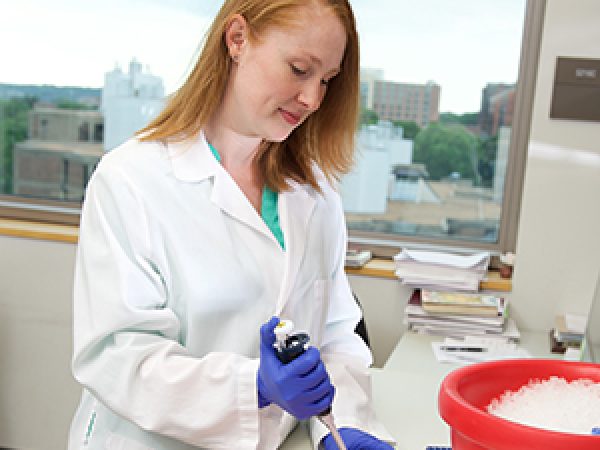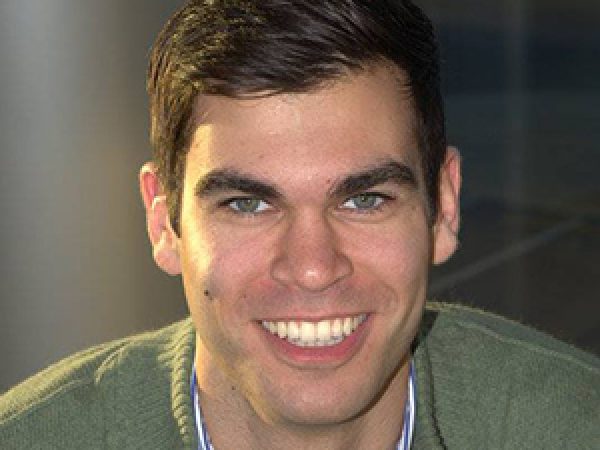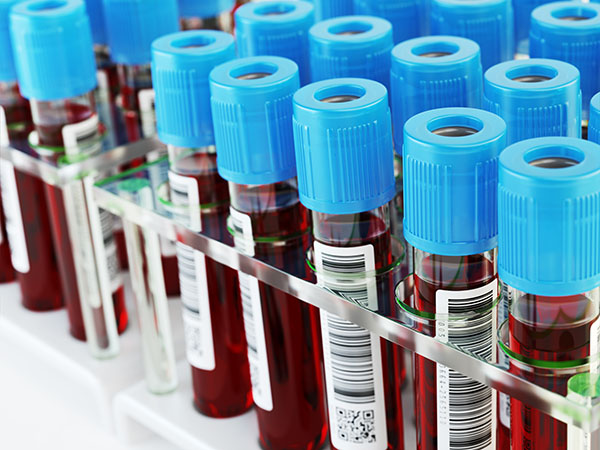AACR Welcomes High School Students for National Cancer Research Month
The American Association for Cancer Research (AACR) wrapped up National Cancer Research Month by inviting a group of 50 students from Philadelphia’s George Washington Carver High School for Engineering & Science to the AACR’s Philadelphia headquarters for a morning of conversations about cancer science.
Carver is a magnet school for academically talented students, many of whom have already expressed interest in future careers in science. The AACR staff encouraged them to continue cultivating their interest in science, both in the classroom and in extracurricular programs, and advised them to keep their minds open about the many paths that can lead to careers in cancer research.
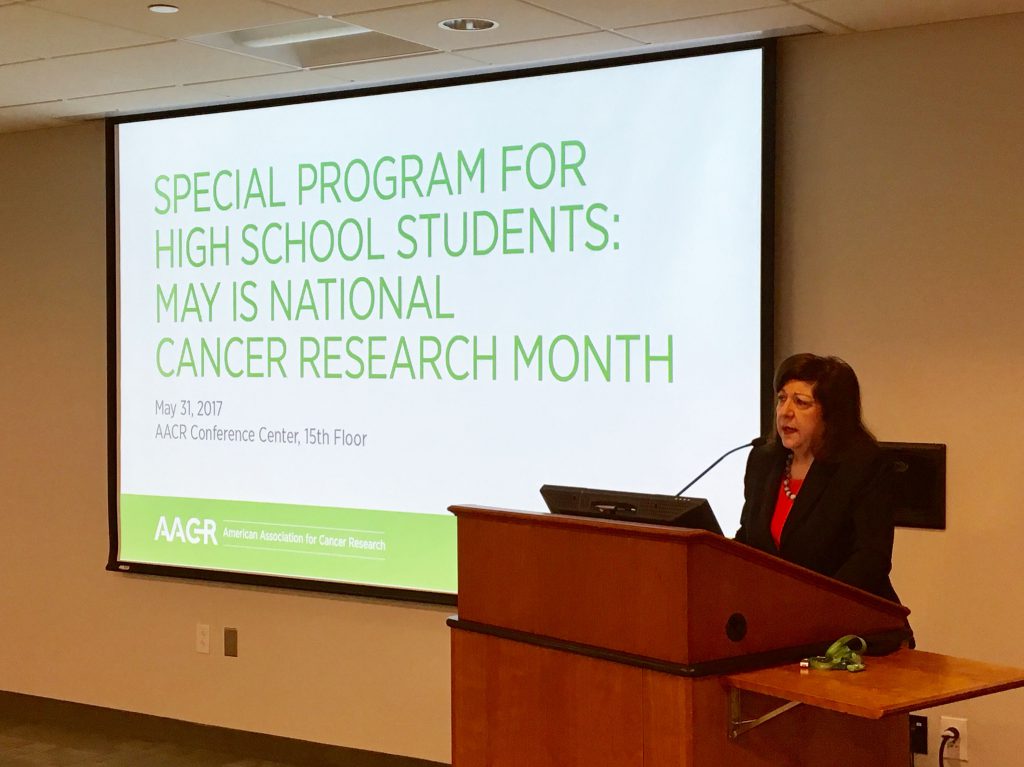
Margaret Foti, PhD, MD (hc), chief executive officer of the AACR, welcomed students from George Washington Carver High School for Engineering & Science. The AACR hosted the program as part of National Cancer Research Month.
Margaret Foti, PhD, MD (hc), chief executive officer of the AACR, welcomed the students and told them how she majored in political science as an undergraduate and once thought she’d pursue a career in law.
However, a job at an AACR journal ignited her interest in science, and her sister’s battle with cancer further fueled her desire to support the quest to prevent and cure cancer.
A team of AACR scientists then took the podium, leading the students through a crash course in cancer biology, prevention and healthy lifestyles, developments in pediatric cancer, and paths to becoming a cancer researcher. Some key quotes from our experts:
- “Many kinds of cancer disproportionately affect minorities and people in medically underserved communities. This tells us we need to do better at ensuring that the advances we are making benefit everyone equally.”
– Karen Honey, PhD, senior managing editor, science communications - “We can’t live in a bubble, but we can make some positive changes, through diet, exercise, and reducing exposure to carcinogens, that can lower our risk of developing certain cancers.”
– Lisa Haubein, PhD, director, scientific programs - “Cancers evolve to evade the human immune system. It’s really tricky, and it’s really unfair. Through advances like immunotherapy, researchers are figuring out ways to shift the balance back in favor of the immune system.”
– Ashley James, PhD, senior program administrator, program development - “No one makes it down this long and winding road alone. Mentors will guide you. Peers will support you. Dedication and love of the science will motivate you to succeed.”
– Shannon Gallagher-Colombo, PhD, assistant director, scientific review and grants administration - “Many forms of pediatric cancers now have much higher survival rates than in the past. That’s good, but it’s not good enough. You can help us make sure the death rate is zero—because that’s our final goal.”
– Rajarshi Sengupta, PhD, senior project manager, Cancer Progress Report
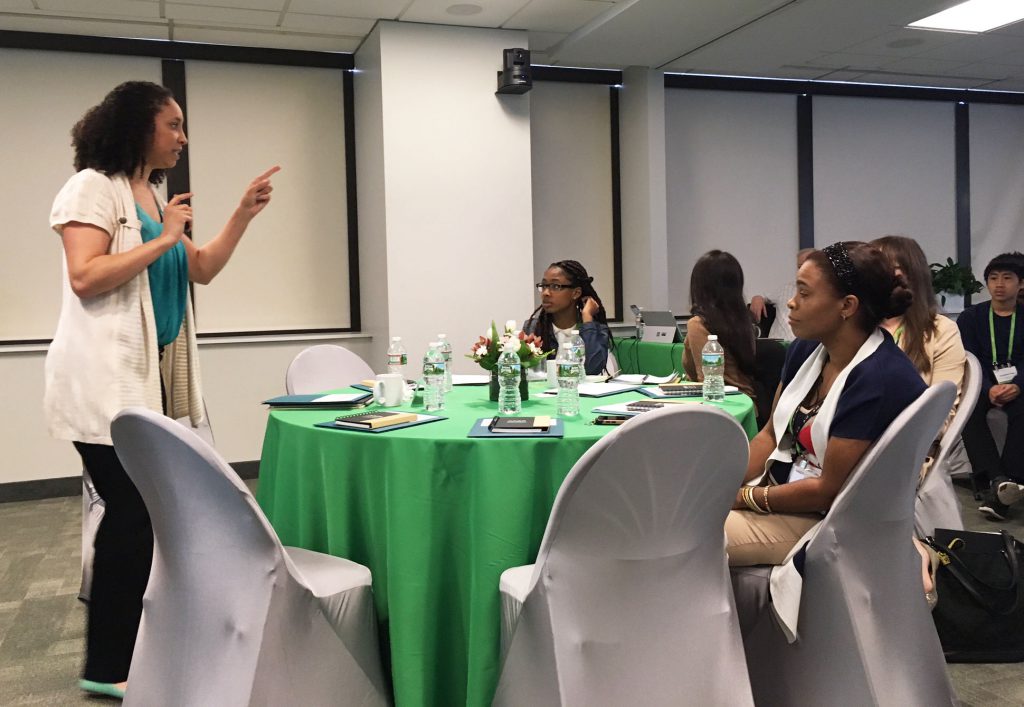
Ashley James, PhD, senior program administrator, program development, led a session on immunology and immunotherapy.
Students said they appreciated the talks from AACR scientists, particularly the encouragement to continue pursuing their love of science.
“I love science and math, and while I think I might want to apply it to a career in nursing, it was great to hear about how many other opportunities exist,” said Josue Castillo, a junior.
“It was really interesting to hear about the tools and innovations that are coming into use to fight cancer,” said freshman Najm Hameed. “I also learned that I can look for mentors to help me find opportunities.”
The AACR’s Membership department, which coordinated the visit, was delighted to report that all the Carver students became AACR members after their visit. Further details on our student membership program are available on our website. Looking ahead, the AACR will continue to develop programs and activities to support the next generation of cancer researchers.

